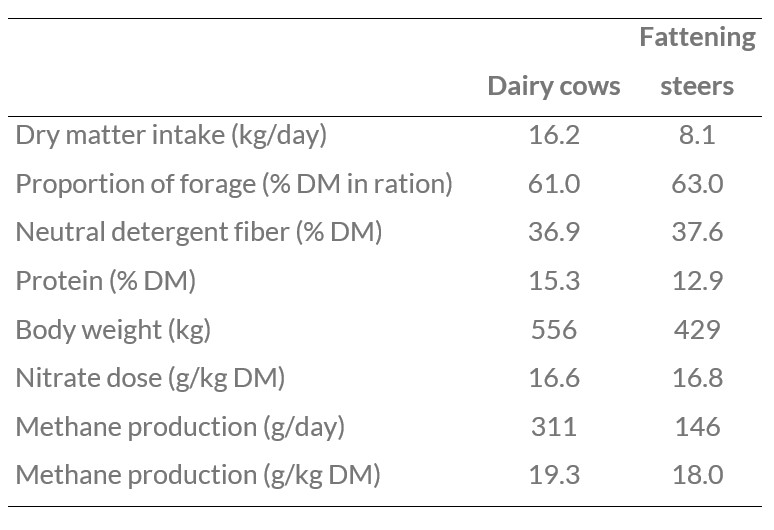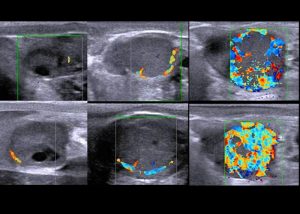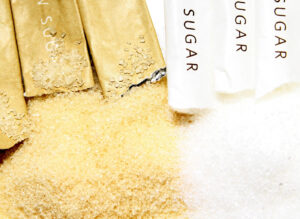Mercedes González & Fernando Díaz
Global warming is one of the main challenges faced nowadays, particularly through the sustained and long-term increase in the Earth’s average temperature. It has already had catastrophic consequences witnessed worldwide through the loss of biodiversity, destruction of ecosystems, result of events such as floods, hurricanes, etc.
Cattle contribute to global warming through the greenhouse effect caused by the emission of methane from ruminal fermentation. In addition, methane emissions in cattle represent a loss of approximately 6% of all the energy ingested with the diet. That is why it is considered important to mitigate these losses, both to reduce the impact on the environment and this source of inefficiency for the farm.
Ruminal methane emissions can be reduced by adding some compounds to the diet. Supplementing rations with nitrates is a good strategy, which is based on competing with methanogenic organisms for hydrogen through the reduction of ammonia in the rumen. In ruminants, enzymes from the rumen microorganisms convert nitrates that are ingested with the diet to nitrites. These in turn are reduced to ammonia, which is part of the ruminal nitrogen and which bacteria use to synthesize the microbial protein.
Nitrate reduction is highly competitive with methanogenesis, because it takes hydrogen utilization away from the CO2 reduction to methane, which is then eliminated through eructation.
A meta-analysis was performed in a recent study (Feng et al., 2020), to analyze a set of scientific studies that had used nitrate supplementation to reduce methane production and emission. These studies had inconsistent results that could have been due to a number of factors possibly related to multiple causes.
The objective of this meta-analysis was to collect data from studies and quantitatively assess methane production, as well as milk and meat production on beef cattle farms. It also sought to explain the variability observed in the reduction described in methane production, which could be attributed to dry matter (DM) intake, the nutritional composition of the diets, body weight, methane emission measurement techniques, differences between dairy or beef cattle, or dose of nitrate administered.
The 45 studies selected for this meta-analysis went from 1970 to 2020 carrying out one of the most comprehensive and widely used scientific databases in research.
How does nitrate supplementation affect cattle?
When administering nitrates to dairy and beef cows, methane production was reduced by 72%. Other studies have described a 30% reduction and others even a 3.8% increase, indicating that there are sources of variability. Nitrate had been supplied in various forms: pellets mixed with concentrate, mixed with molasses, encapsulated, or directly added to the diet.
A statistic was developed that summarized the average data on DM ingestion, nutritional composition of experimental rations, nitrate supplementation and methane emissions, as shown in the table:

Dairy cows had on average higher DM intake than fattening steers, although the nitrate dose supplied to both groups was similar. The relative mean difference was applied to these studies, which is a statistical measure used to eliminate the effects of data dispersion when analyzing multiple studies that may be influenced by very varied factors. The results showed that the difference in methane production was higher in dairy cows than in fattening steers.
Nitrate acts as a reducer of ruminal methane emissions
Nitrate had an anti-methanogenic effect, but its impact was highly variable among studies due to the influence of a number of factors, and because the studies were very heterogeneous. The observed differences in body weight, neutral detergent fiber, ration protein, and ration forage did not explain the variability of the nitrate’s effect on methane reduction.
However, the type of livestock (dairy or beef), nitrate dose and DM intake were statistically significant, and explained the effect of nitrates on reducing ruminal methane production.
The difference between dairy and beef could be due to the way nitrate was administered, since in the studies analyzed, nitrate was dosed to beef steers only in the encapsulated form.
With the average nitrate dose of 16.7 g/kg DM in this study, methane production was reduced by 13.9% and emissions by 11.4%. The difference between methane production and emission is likely due to the reabsorption that occurs in the gastrointestinal tract of ruminants.
Conclusions
The conclusions drawn from this meta-analysis were that nitrate supplementation reduces, in a dose-dependent manner, the production and emission of methane in dairy cows and beef steers. At higher doses, the reducing effect is superior, while greater DM intake also reduces the mitigating effect of nitrate on methane production.
Reference
Xiaoyu Y Feng, Jan Dijstra, A. Bannick, Sanne van Gastelen, James France, Ermias Kebreab. Antimethanogenic effects of nitrate supplementation in cattle: a meta-analysis. Journal of Dairy Science. 2020 Dec; 103(12): 11375-11385.
© 2021 Dairy Knowledge Center. All Rights Reserved.











